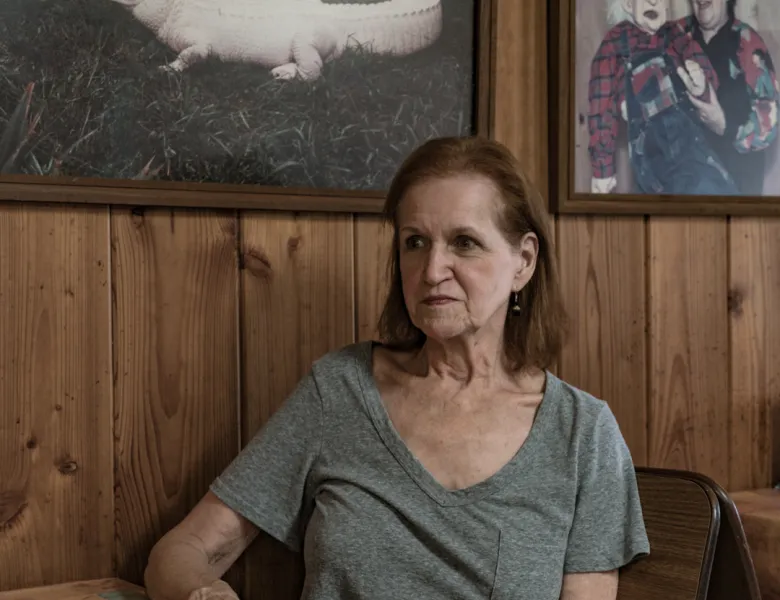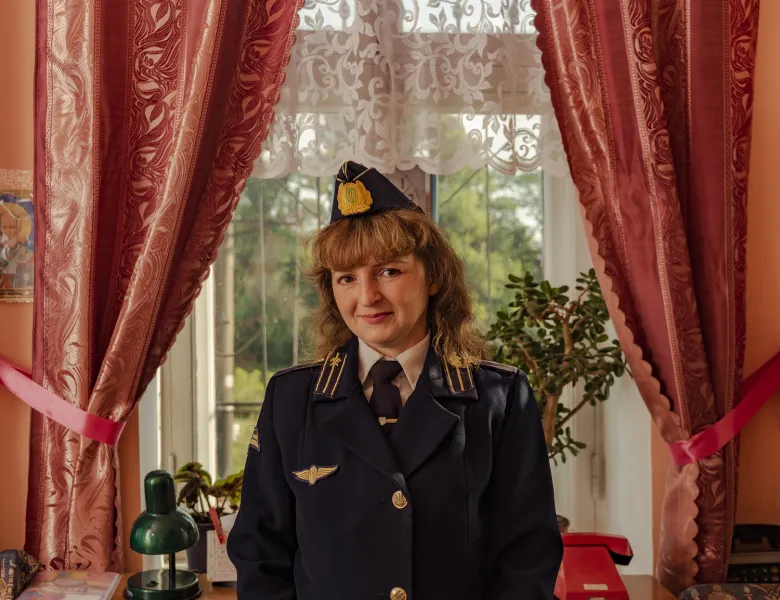This week's focus: KyeongJun Yang
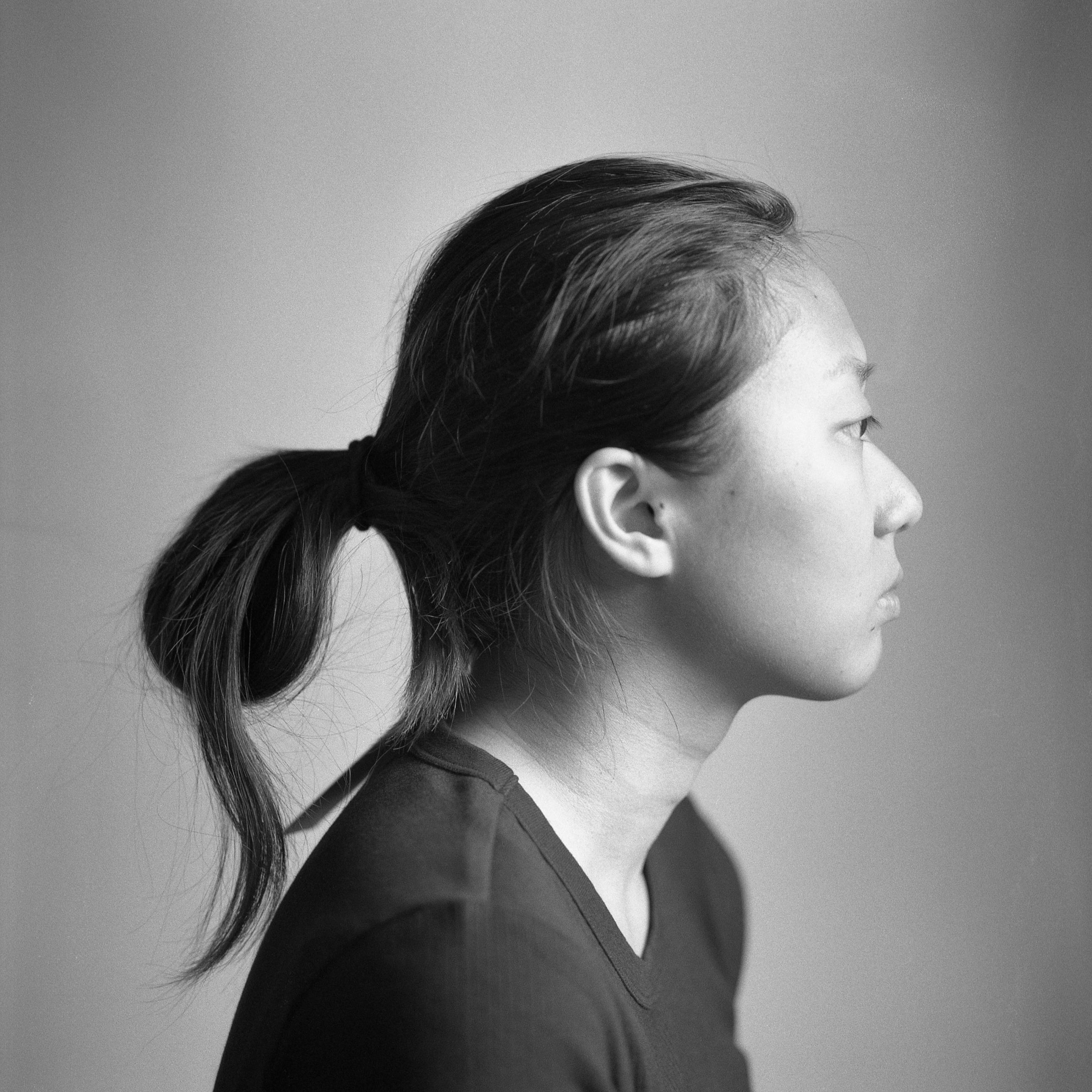
Congratulations to KyeongJun Yang for winning this year's ZEISS Photography Award with their series Metamorphosis. Impressing the judges with a collection full of narrative, Yang's work resonates with themes of identity, isolation and immigration. We caught up with the photographer to discover more about how the timely project came about.
Firstly, congratulations on being the ZEISS Photography Award winner for 2020 with your series Metamorphosis. Tell us, how do you feel about your win?
Winning this award still feels like a dream. I am glad not only because I've won, but also because now I know I'm not the only person who likes my images. I'm happy my photographs have been enjoyed by others, somehow they don't seem as lonely anymore.
Do you often shoot in black & white? Why does this aesthetic lend itself to your practice?
In terms of film choice, I alternate between colour and black & white. There are many reasons behind my choice of using black & white for an image. The main reason why I used monochrome for this series was to remain as objective as possible. When I shoot in colour, I find it more difficult to stay unbiased.
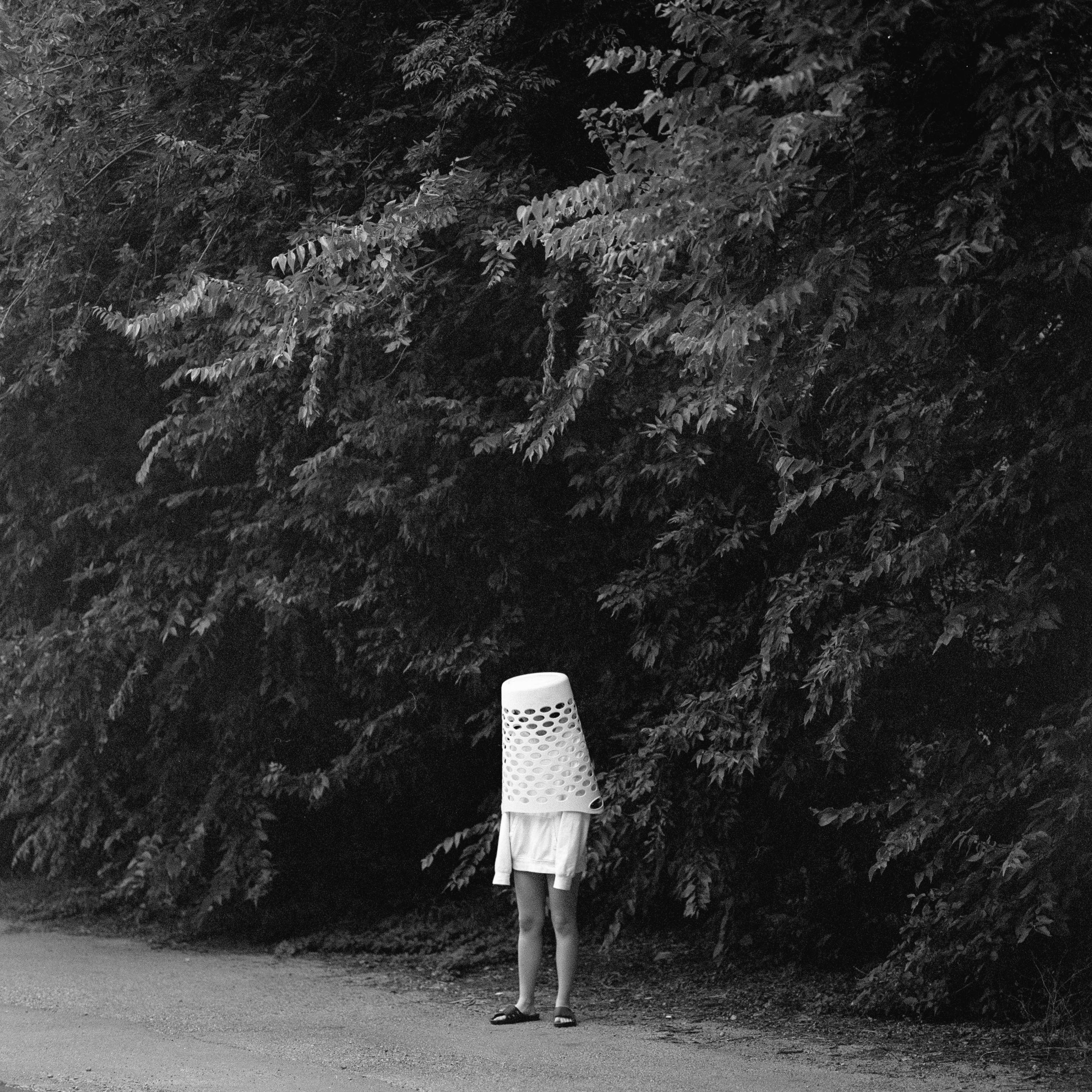
You shot the project on a Bronica SQA. What are the benefits of shooting with a medium format camera?
Shooting with a medium format camera helps me slow down the shooting process, giving me time to think more before pressing the shutter. I've always wanted to try the 6x6 aspect ratio and I really enjoyed working with medium format. I aim to proceed onto 4x5 large format in the future.
Metamorphosis is an intriguing take on immigration and loss of identity. We follow Julie, who immigrated from China to the US as a child. Was there an element of this series that's biographical? We see in your entry form for the competition you entered South Korean as your nationality but you currently reside in the US.
I am an international, senior journalism student at the University of Texas. Although I'm not an immigrant like Julie, I empathise with her situation. The feelings of isolation and loneliness are always with me. I think everyone can relate to these feelings, helping the series to feel very personal and universal simultaneously.
In each image caption, you include quotes from your subject Julie, who immigrated from China to America when she was 12 years old. Tell us how you collaborated with her for this project.
As for the captions, around half were from an interview with Julie before we started shooting. The other half were written by Julie after she'd seen the photographs. I used some of the lines from our initial interview to inspire myself while creating the series' visual outline. I wanted her to write down what she'd felt about the images because this project's focus was about her, not me.
Can you tell us more about your decisions for the image edit?
Initially, I intended to make this series feel like a very short book. I didn't want to bore the audience, rather for them to see a narrative flow between the collection of images. I tried to sequence the photographs in a such way that there's an introduction, development, climax and conclusion. It was also important not every photograph be a portrait of Julie but that every image is about her.
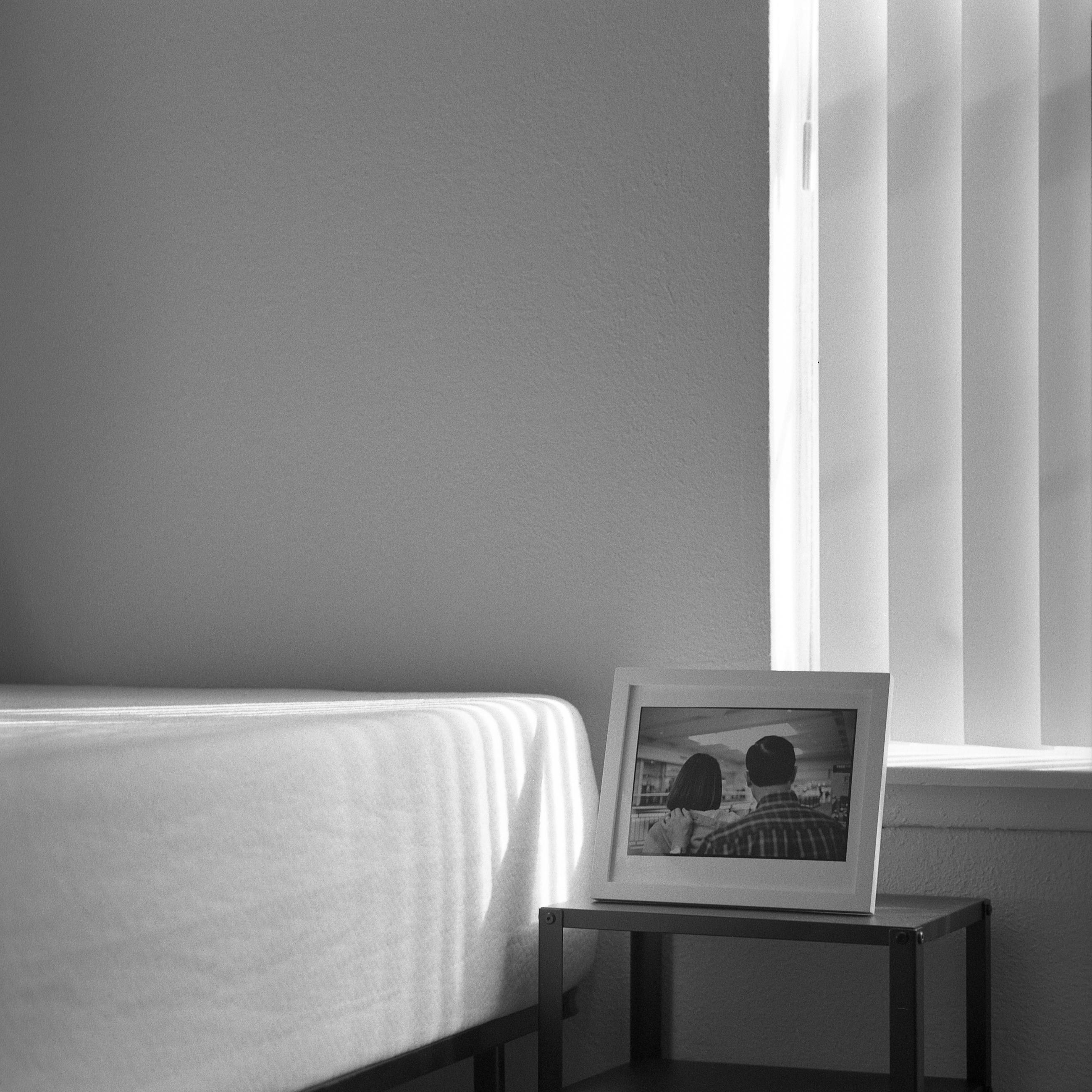
As part of your prize you'll receive $3,000 to pursue a project of your choice. Have you had any thoughts on what this project might be?
Over the last few months, many things have happened to my father. I've witnessed sides to him that I've never seen before in my 27 years. He's shown love and hate, we've had tears and hugs, he's shown his masculinity and vulnerability. For my next project I want to capture him not as my father, but as everyone’s dad.
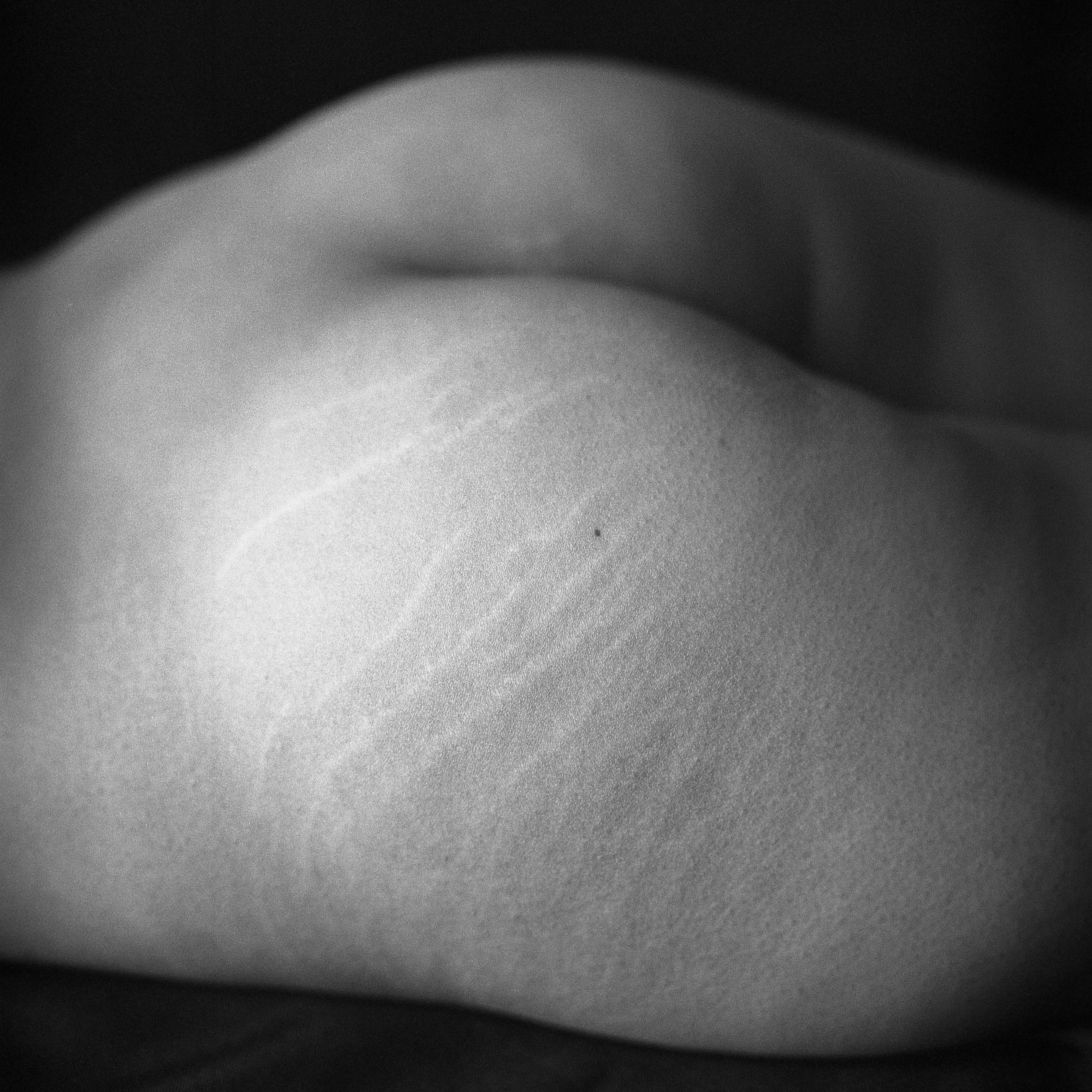
Enjoy Yang's full project and the nine shortlisted series from this year's ZEISS Photography Award here.






